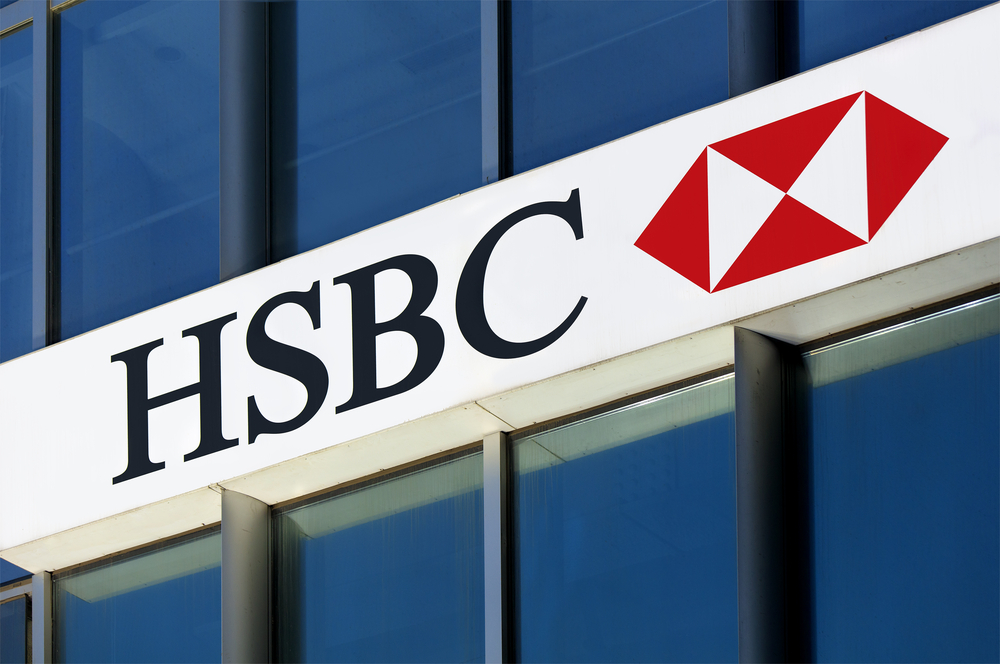Over the past few years, there has been a lot of talk about how bitcoin is used for money laundering purposes. A sit turns out, cryptocurrency is not suited for this type of illegal activity. Large banks are actively helping cartels launder money, yet very few people seem to be aware of this situation. A lot of experts are concerned about the scope of HSBC’s money laundering settlement.
HSBC Was In League With Cartels And Criminals
When the news regarding HSBC’s involvement in money laundering practices for criminal cartels broke a lot of people shrugged it off. That is quite strange, considering the megabank agreed to a settlement with the government for US$1.92bn to get rid of the investigation altogether. However, there will be a hearing in federal court this week regarding whether or not the compliance report should remain hidden from the public.
This whole story dates back to 2012, when HSBC lost a court appeal after the bank was found guilty of having business ties to Cuba, Iran, Libya and other countries. Due to these suspicious dealings, the bank violated the Bank Secrecy Act, the International Emergency Economic Powers Act and the Trading With The Enemy Act. All of these charges are quite severe. Moreover, there is no reason for a US bank to deal with entities in any of these countries, as there are forbidden by law to do so.
During the investigation, HSBC was forced to admit they violated US sanctions. Moreover, they did nothing to prevent Mexican and Columbian cartels for laundering money through the bank. It is evident the bank executives had to be aware of this situation up to a certain extent. All of the violations and their precise details were put together in a compliance report. For some reason, this report was never revealed to the public.
It is in the best interest of HSBC to keep this information private. In fact, they are being aided by the Department of Justice, by the look of things. According to the DoJ’s lawyer, releasing this report would “make it harder for the federal government to enforce the deferred prosecution agreement”. Moreover, the lawyer feels HSBC would be “less cooperative going forward” if this report is released. Neither of these reasons are valid grounds to not make the information public, though.
Considering how the federal government wants to keep reports involving national banks facilitating cartel money laundering private, it is doubtful a judge would rule against the government. Then again, it is hard to predict what will happen. The longer it takes for the court to come to a decision, the better things play out for HSBC. After all, the bank has nothing to gain from the report being made public and they will continue to stall as long as possible if push comes to shove.
Even though HSBC plead guilty to these charges, their US$1.92bn settlement is nothing more than a slap on the wrist. This number equals to less than one full week of business earnings for the bank, which goes to show the punishment is far too lenient. Moreover, no one from HSBC has been arrested or put behind bars for their involvement in the cartel money laundering schemes. It is evident the governments and banks are colluding to keep their shady dealings as far away from the public as possible.
If you liked this article, follow us on Twitter @themerklenews and make sure to subscribe to our newsletter to receive the latest bitcoin, cryptocurrency, and technology news.

